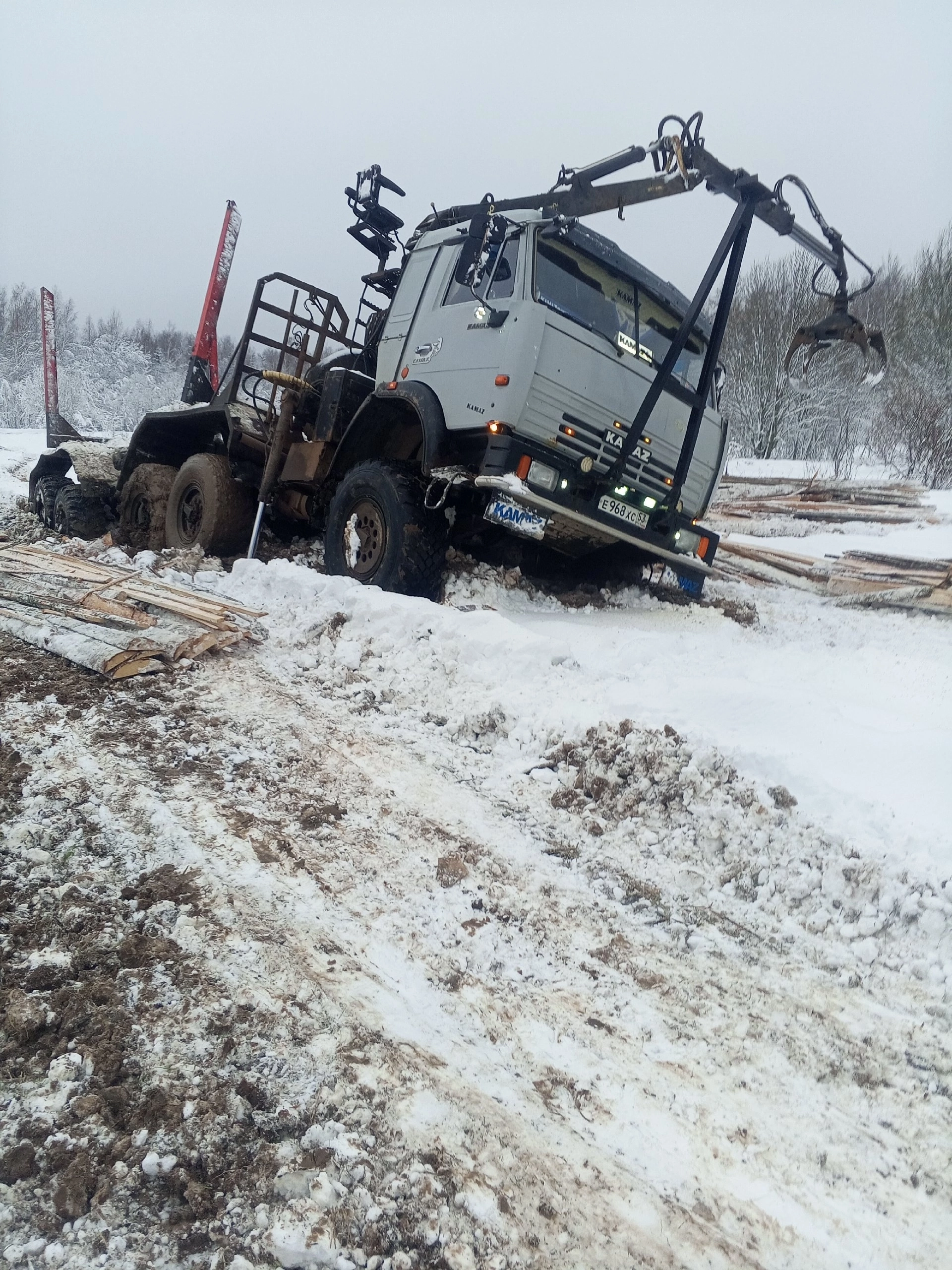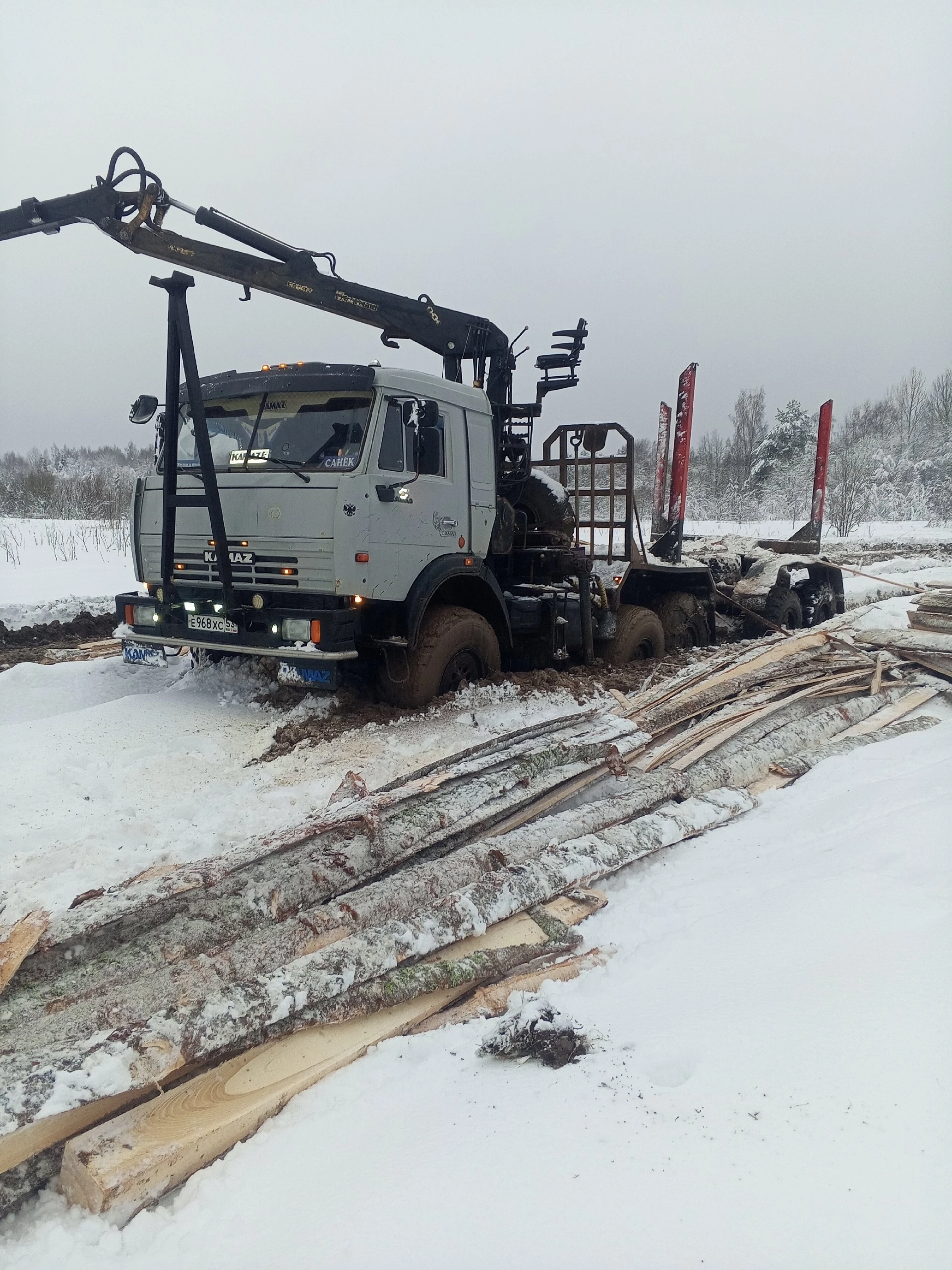Navigating Russia’s Tougher Export Rules for Timber
FGIS LC: Revolution or Bottleneck? Understanding Russia's Forest Industry Challenges
A Modern Forest Management DilemmaThe introduction of the Federal State Information System for Forest Management (FGIS LC) was meant to revolutionize the logging industry in Russia, promoting transparency and control. Instead, it has become a cautionary tale of over-regulation and technical inadequacy. For businesses relying on efficient transportation and export of timber, the system has introduced unexpected hurdles, hefty fines, and operational chaos.
If you are involved in timber exportation or transportation in Russia, you must understand how to navigate this system or risk severe penalties. Let’s explore the critical challenges and the far-reaching consequences of these new regulations.

What is FGIS LC, and Why is It Controversial?FGIS LC was designed to monitor timber logging and transportation across Russia, ensuring compliance with environmental laws and curbing illegal practices. The system uses ERA-GLONASS, Russia's satellite navigation system, to track all forest-related activities in real time. However, the implementation has been far from smooth.
- Registration Woes: Loggers report registration errors, with coordinates often deviating by hundreds of meters, leading to false violations.
- Technical Glitches: The system frequently crashes, delaying permits and transportation.
- Mandatory Equipment: All vehicles transporting timber must now be equipped with ERA-GLONASS, even older machinery not designed for digital systems.
- Fines and Arrests: The Cost of Non-Compliance
Failure to comply with FGIS LC regulations leads to harsh consequences.1. Staggering Fines
For companies without ERA-GLONASS-equipped vehicles or improperly registered documents, fines can reach up to 400,000 RUB per offense.
2. Confiscated Vehicles and Timber
Non-compliance results in immediate confiscation of timber-laden trucks. Recent incidents in Russia's Leningrad Region left several companies without access to critical resources after six trucks were seized and sent to impound lots.
3. Halts in Operations
When vehicles are confiscated or documents fail approval, entire operations grind to a halt. Seasonal logging schedules are disrupted, with companies unable to transport timber during the critical winter months.
ERA-GLONASS: Essential Yet ProblematicWhile ERA-GLONASS promises a foolproof tracking system, its implementation has been riddled with issues:
- Scarcity of Sim Cards: Specialized sim cards required for the system are often unavailable.
- Compatibility Problems: Older machinery struggles to integrate ERA-GLONASS technology.
- Exorbitant Costs: Installing the system can cost over 50,000 RUB per vehicle, with prices climbing due to increased demand.

Protests and Pushback From the Logging IndustryBusinesses are uniting in protest against FGIS LC. Letters to government officials, including Vice Prime Minister Dmitry Patrushev, demand extensions and system improvements. The central argument: the system targets logistics, not illegal logging, leaving loopholes for unregulated activities.
Union Support
Organizations like the Union of Timber Industrialists have highlighted:
- The skyrocketing costs of compliance.
- The absence of tech support, leaving businesses stranded with technical errors.
- System inefficiencies that undermine legitimate operations.
- Implications for International Timber Trade
Russia has long been a key supplier of timber to Europe and Asia. However, FGIS LC regulations now threaten global supply chains.
- European Factories Shutting Down: Finland and Baltic states heavily depend on Russian timber. Recent system failures have caused supply shortages, forcing factories to close.
- Export Delays: Strict checks at customs result in delays at borders with Kazakhstan and Kyrgyzstan, where transport without ERA-GLONASS is denied entry.
- Global Price Inflation: As supply dwindles, global timber prices are surging, affecting industries from construction to furniture.
- Winter Logging: A Race Against Bureaucracy
Winter is the most critical season for timber harvesting in Russia. Frozen roads allow heavy machinery to operate efficiently, but any delay in transportation results in missed opportunities and financial losses. The bottleneck created by FGIS LC means timber remains stranded in forests as spring mud makes roads impassable.
What Lies Ahead for the Logging Industry?While government representatives acknowledge the issues, their promises of improvement lack concrete timelines. Key figures like Vyacheslav Spirenkov, deputy head of Rosleskhoz, claim efforts are ongoing to address problems. However, the logging industry remains skeptical, with mounting financial losses and frustration growing daily.
Key Takeaways for Exporters and Transporters- Compliance is Non-Negotiable: Ensure all vehicles transporting timber are equipped with ERA-GLONASS.
- Stay Informed: Regularly check for updates on FGIS LC regulations to avoid penalties.
- Advocate for Change: Join industry unions and participate in forums to push for practical reforms.
Conclusion: Adapting to a Challenging SystemFGIS LC may have been launched with good intentions, but its flawed execution has turned it into a bureaucratic nightmare. The logging industry must adapt to these new rules, but the onus is on the government to ensure the system works effectively without crippling businesses.
While we hope for improvements, companies must navigate these challenges with caution and resilience.



